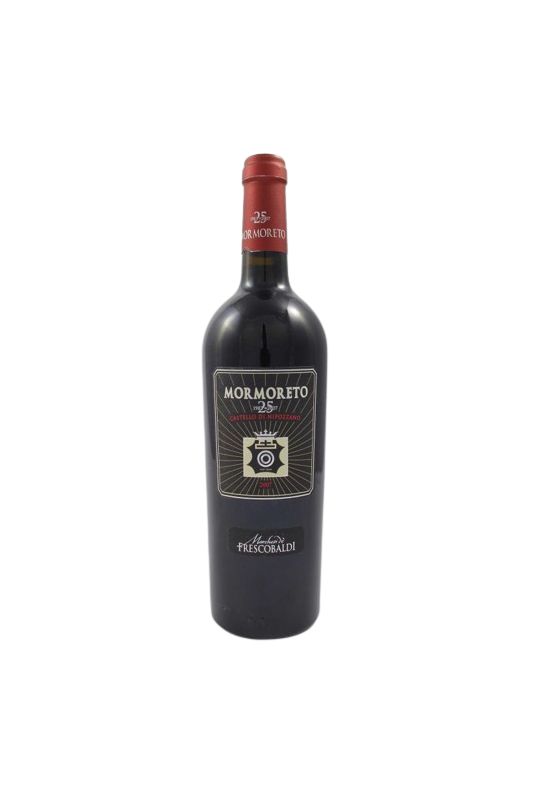




700 Years of wine history
The history of the Frescobaldi family starts over a thousand years ago and is closely connected with the history of Tuscany. At the high point of medieval Florence, the Frescobaldis spread their influence as bankers, earning the title of treasures to the English crown. A little later, with the flowering of the Renaissance, they became patrons of major works in Florence, such as the construction of the Santa Trinita bridge and the Basilica of Santo Spirito.
Creativity and the pursuit of excellence were handed down through the centuries to all the generations of the family.
In the 13th century, during the exile of Dante Alighieri, his friend the poet Dino Frescobaldi helped him recover the first seven canti of the Divine Comedy, thus enabling him to complete the work.
In the 17th century, the baroque compositions of the famous musician Girolamo Frescobaldi were disseminated throughout Europe. In a great opening towards the future, in 1855 the forebears of the family introduced hitherto unknown vine varietals in Tuscany, including Cabernet Sauvignon, Merlot, Pinot Nero and Chardonnay.
The 20th century was characterised by the actions of Vittorio, Ferdinando and Leonardo Frescobaldi, who made an important contribution by raising Tuscany to a place of excellence in wine-growing.
Today Lamberto Frescobaldi has taken over, who, with his long technical experience, aims to further strengthen the uniqueness of the wines of each individual estate.
The Frescobaldi name carries with it the on-going responsibility of cultivating the best of Tuscan diversity, through:
Sustainable cultivation of the land to produce fine wines which perfectly represent and fully illustrate the diversity of our family estates.
Communicating and promoting the culture of Tuscany and its different territories, through our Estates, our wines and specific value-enhancing projects.
We want the family estates, with their vineyards, to be the expression of this diversity and for the wines to reflect each individual terroir, respecting their nature and authenticity.
Diversity is also a promise of pure tastes, from wines to olive oil to the dishes cooked in our restaurants.
And lastly, diversity is cultivated in the Renaissance of the arts and of men: with the sponsorship of the Artists for Frescobaldi project and the social responsibility of the rehabilitation of the prisoners of Gorgona Island.
Mormoreto
This is the great wine of the Castello, from the vineyard Mormoreto planted in 1976. The first vintage was from the 1983 harvest, and since then has been produced only in the most favourable years. It was not produced from the harvests of 1984, 1987, 1989, 1992, 1998 or 2002. Cabernet Sauvignon, Merlot, Cabernet Franc, and Petit Verdot, planted 150 years ago, have, over time, formed an intimate bond with this terroir and now bring out all of its unique qualities. It is a wine of great depth, opulent and refined, that you can cellar for many years.
Data sheet
Frescobaldi una storia cominciata 700 anni fa, con una casa di uomini d’arme, letterati, mercanti, banchieri, fornitori di papi e sovrani, questa è in breve l’excursus della famiglia. Frescobaldi sono produttori di vini, da sempre conosciuti a livello internazionale, con una particolare attenzione alla vitivinicoltura specializzata sviluppata dagli anni Sessanta, grazie ai suoi 1.200 ettari di vigneto dislocati in Toscana e Friuli Venezia Giulia. Le tenute sono: Castello di Nipozzano, Castello di Pomino, Tenuta Castiglioni, Tenuta Remole, Tenuta Perano, Tenuta Castelgiocondo, Tenuta Ammiraglia, Bolgheri e Gorgona. Friuli con l'azienda
You might also like